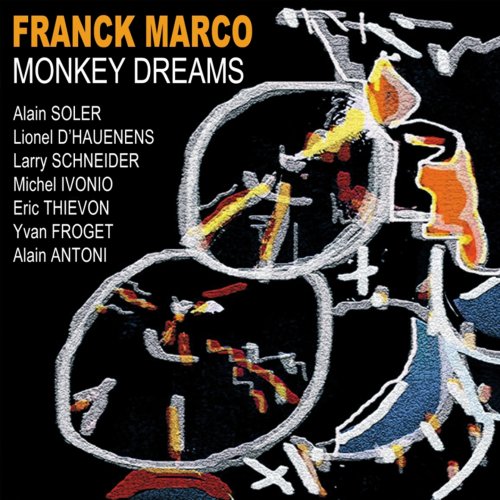Sara Mingardo, Musici Aurei, Luigi Piovano - Mahler: Kindertotenlieder, Lieder eines fahrenden Gesellen (2012)
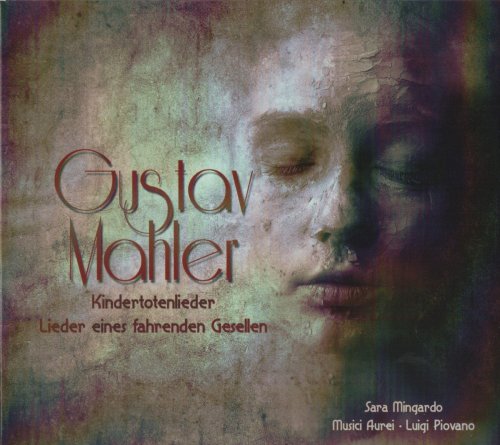
Artist: Sara Mingardo, Musici Aurei, Luigi Piovano
Title: Mahler: Kindertotenlieder, Lieder eines fahrenden Gesellen
Year Of Release: 2012
Label: Eloquentia
Genre: Classical
Quality: FLAC (image+.cue,log,scans)
Total Time: 01:02:15
Total Size: 315 Mb
WebSite: Album Preview
Tracklist: Title: Mahler: Kindertotenlieder, Lieder eines fahrenden Gesellen
Year Of Release: 2012
Label: Eloquentia
Genre: Classical
Quality: FLAC (image+.cue,log,scans)
Total Time: 01:02:15
Total Size: 315 Mb
WebSite: Album Preview
Gustav Mahler (1860-1911)
01. Kindertotenlieder - 1. "Nun will die Sonn' so hell aufgeh'n!" [0:05:10.06]
02. Kindertotenlieder - 2. "Nun seh'Ich wohl, warum so dunkle Flammen" [0:04:40.61]
03. Kindertotenlieder - 3. "Wenn dein Mütterlein" [0:04:38.68]
04. Kindertotenlieder - 4. "Oft denk'Ich, sie sind nur ausgegangen!" [0:02:36.28]
05. Kindertotenlieder - 5. "In diesem Wetter" [0:06:26.27]
06. Musici Aurei / Quartettsatz [0:11:05.39]
07. Kieder eines fahrenden Gesellen - 1. "Wenn mein Schatz Hochtzeit macht" [0:04:00.20]
08. Kieder eines fahrenden Gesellen - 2. "ging heut' morgen übers Feld" [0:04:08.39]
09. Kieder eines fahrenden Gesellen - 3. "Ich hab' ein glühend Messer" [0:03:24.54]
10. Kieder eines fahrenden Gesellen - 4. "Die zwei blauen Augen" [0:05:30.00]
11. Musici Aurei / Berceuse élégiaque [0:10:39.41]
Performers:
Sara Mingardo - contralto
Grazia Raimondi - violin
Silvio di Rocco - viola
Luigi Piovano - cello
Olaf Laneri - piano
Musici Aurei
Luigi Piovano - conductor
"New release of Mahler chamber music" sounds like a headline from the classical edition of the U.S. satirical weekly The Onion, but the arrangements on this album by Italian group Musici Aurei are quite a bit more authentic than one might think. For one thing, the arrangement of the songs from Mahler's Lieder eines fahrenden Gesellen were done by Arnold Schoenberg, a short generation after Mahler, and the other arrangements, by Schoenberg's student Erwin Stein and even the later rendering of the Kindertotenlieder by Reiner Riehm, follow more or less in Schoenberg's mold. Making chamber arrangements of orchestral music was still a common way of hearing and studying it in the era before LP recordings. And perhaps the best reason to hear Mahler this way is to experience his vocal works as sung by Sara Mingardo, a contralto usually oriented toward the Baroque. She's a force of nature, with a rather chilling effect as she climbs into the near soprano range, and though it would be worth hearing her with a full orchestra, the versions here give her more room to maneuver. The Kindertotenlieder, or Songs on the Death of Children, are emotionally shattering here, and they have the unity Mahler intended for the whole set. Further, the distinction between the Riehm and the Schoenberg arrangement is interesting and speaks to how Schoenberg heard Mahler's music: although the same ensemble of about 15 players is used, Schoenberg strips Mahler's language down to its gestures, while Riehm replicates more of the range of orchestral effects in the Kindertotenlieder. Bonuses include the early and rarely recorded Quartettsatz (a genuine piece of Mahler chamber music), and the Stein arrangement of Busoni's Berceuse élégiaque, a work not often programmed with Mahler but that fits with it in all kinds of unexpected ways. In short, Mahlerians preparing to be irritated by this should think again.
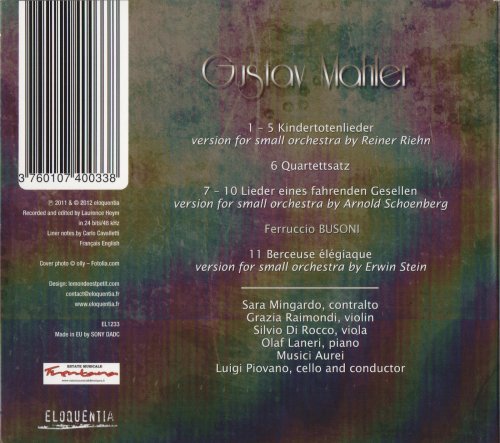
[center][/center]
DOWNLOAD FROM ISRA.CLOUD
Sara Mingardo Musici Aurei Luigi Piovano Mahler Kindertotenlieder 12 2606.rar - 315.0 MB
Sara Mingardo Musici Aurei Luigi Piovano Mahler Kindertotenlieder 12 2606.rar - 315.0 MB


![Macha Gharibian - PHENOMENAL WOMEN (DELUXE EDITION) (2026) [Hi-Res] Macha Gharibian - PHENOMENAL WOMEN (DELUXE EDITION) (2026) [Hi-Res]](https://www.dibpic.com/uploads/posts/2026-02/1770138728_folder.jpg)

![Cory Wong - Lost In The Wonder (2026) [Hi-Res] Cory Wong - Lost In The Wonder (2026) [Hi-Res]](https://www.dibpic.com/uploads/posts/2026-02/1770057207_cover.jpg)
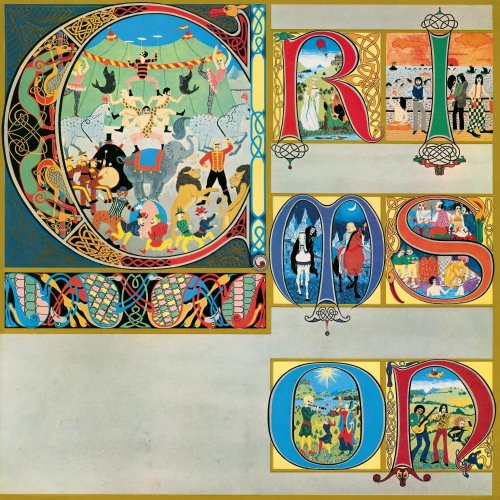
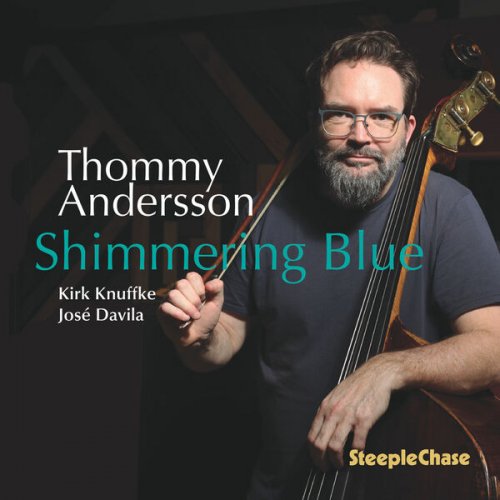
![Joe Lovano, Winston Salem Symphony & Michelle Merrill - a raft, the sky, the wild sea (2026) [Hi-Res] Joe Lovano, Winston Salem Symphony & Michelle Merrill - a raft, the sky, the wild sea (2026) [Hi-Res]](https://www.dibpic.com/uploads/posts/2026-02/1770314335_cover.jpg)
